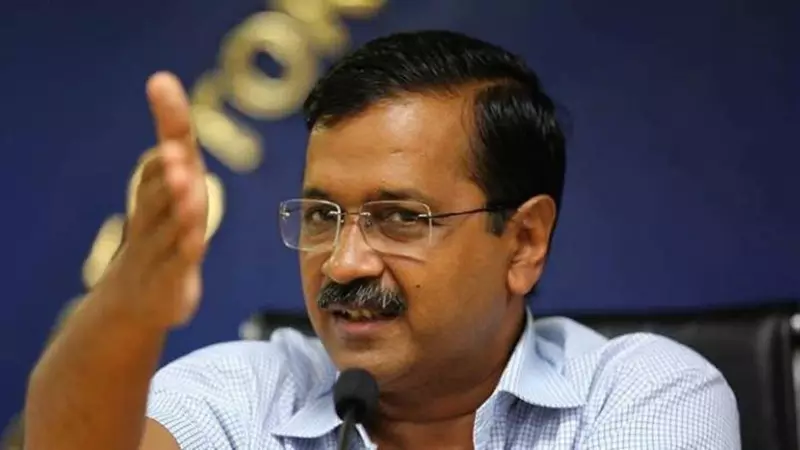
Kejriwal Defies Delhi Assembly Privilege Committee for Second Time
Delhi Chief Minister and AAP national convenor Arvind Kejriwal has once again skipped the summons issued by the Delhi Legislative Assembly's Privileges Committee, marking the second consecutive time he has failed to appear before the panel investigating the controversial Phansi Ghar structure on the Assembly premises.
The committee, which is probing the authenticity and purpose of the structure inaugurated in 2023 by the Kejriwal government, had summoned several AAP leaders including the Chief Minister. Apart from Kejriwal, the committee had also called party leaders Manish Sisodia, former speaker Ram Niwas Goel, and former deputy speaker Rakhi Birla to present their version of events regarding the matter.
Committee's Response and Next Steps
Pradyumn Singh Rajput, chairman of the Privileges Committee, stated that the panel has taken serious note of the repeated absences and has now decided to determine the further course of action. He emphasized that the AAP leaders had been given two opportunities to present their side but failed to appear on both occasions.
The committee chairman noted that the panel will now deliberate on appropriate measures to address this defiance of legislative procedures. The repeated skipping of summons by senior government functionaries has raised questions about accountability and respect for parliamentary institutions.
Kejriwal's Legal Challenge to Summons
In his formal response to the committee, Kejriwal challenged the legal validity of the notices issued to him, describing them as legally unsustainable and devoid of constitutional sanction. This marks a significant escalation in the confrontation between the Delhi government and the legislative oversight mechanisms.
In an earlier written response to previous notices, the AAP leader had objected to the summons on legal grounds, characterizing them as a vendetta oriented distraction strategy. The consistent legal challenge to the committee's authority indicates a planned strategy to question the very basis of the investigation.
The Phansi Ghar controversy has been a subject of political debate since its inauguration last year, with opposition parties questioning the necessity and symbolism of such a structure on the Assembly premises. The ongoing investigation by the Privileges Committee seeks to establish the facts surrounding the construction and purpose of this controversial installation.
With both sides digging in their heels, the stage is set for a prolonged constitutional and political battle that could have significant implications for Delhi's governance structure and the relationship between the executive and legislative arms of the government.





